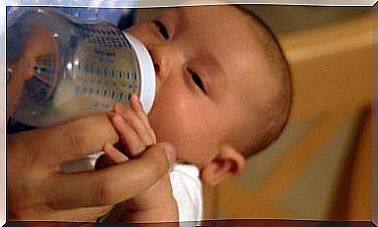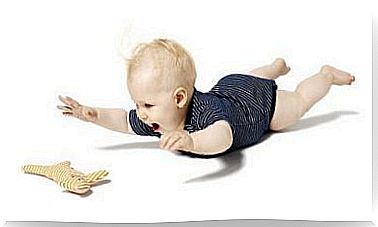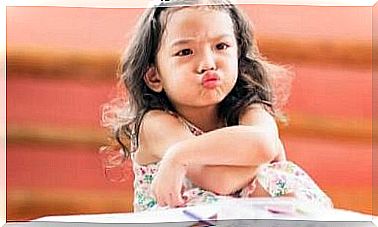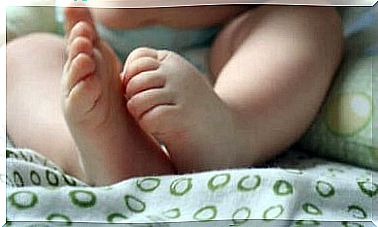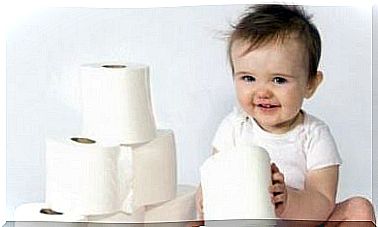Personalities: How Do Children Find Their Own?
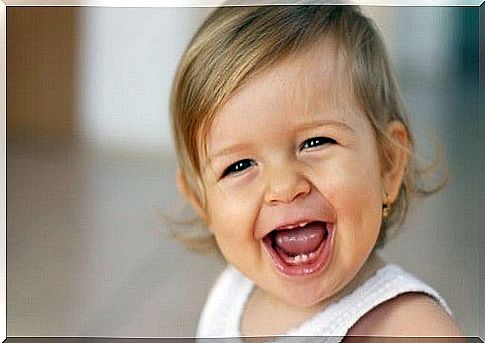
Today we need to talk about children and their personalities, because in this world, no two people are alike. Children begin to develop their own personalities as soon as they are born.
If you have more than one child, then you already know that what works with one of them may not work with the other.
Science tells us that almost 70% of our traits are determined by genetics. The remaining 30% has to do with the environment and upbringing.
It seems that some children smile all the time and rarely cry. Other children are the exact opposite.
As soon as children are born, they begin to demonstrate their different temperaments. But after the age of 1, we really start to notice their special personalities.
Back in time, it was thought that children’s behavior was hereditary. Temperaments were divided into four different categories: optimistic, impulsive, melancholy, or phlegmatic.
You can supposedly determine one’s personality by observing their physical traits and glandular activity.
But today we know that a person’s behavior is the result of learning more than anything else. Emotional stimulation and the way children learn to react in different situations is what affects their character the most.
A child’s health and endocrine balance also affect the development of their temperament.
Characteristics that define children’s personalities
Sociability
Some children feel more confident when talking to adults. Of course, there is nothing at all with that. But it can be risky, depending on what they say and who they talk to.
Therefore, it is best that you teach them how to handle their sociability, which will help them develop their personality.
At the same time, there are children who are more reserved when it comes to being social. In this case, it is important that you do not push your child. You should instead give them the time they need while accompanying them.
While it may seem that your child’s personality is already shaped, it may still be that he or she needs a little help to improve in certain areas.
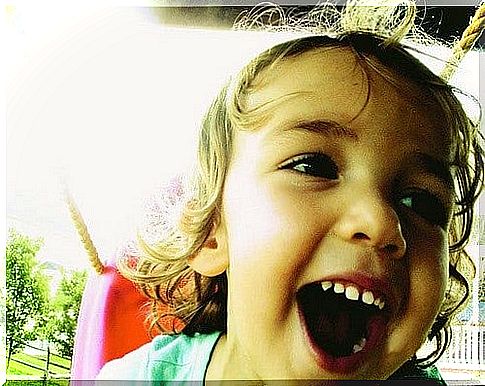
Activity level
If you have a very active child, then it is a good idea to do activities that keep her busy. This does not mean that your child is behaving badly. Your child is just restless and needs to stay active.
Therefore, a child with these characteristics needs space, both indoors and outdoors. However, you should avoid extensive excursions where your child moves around freely.
If your child is more calm, he will enjoy his free time without the need for lots of activities. But extreme cases of both traits – restlessness or passivity – can be a sign of a problem.
Regularity
Some children make it a point to make daily activities easier for their parents. They do not have difficulty following routines in terms of food, sleep, play, etc. However, when unexpected changes such as travel occur, it can become complicated.
There are also children who have little or no routine at all. They feel like eating or sleeping poorly. They are very regular children, but within the disorder of most of their activities. But they often find it difficult to adapt to routines.
Emotional levels
Some children have very intense emotions. For example, they may laugh or cry very violently. In this case, it is important to distinguish between whether the crying or the laughter is authentic or forced.
At the same time, it is also important not to ignore a child’s emotions when he shows less intense emotions. You need to pay attention to your child’s expressions so that you can help him develop a solid personality.
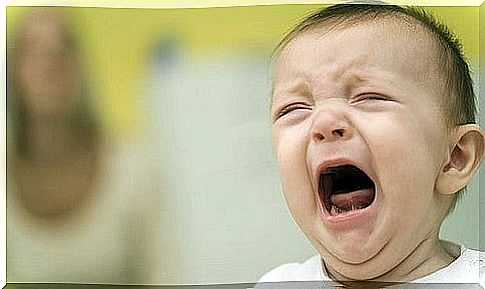
Adaptability
There are children who find it extremely easy to adapt. Their parents should respect their routine, because their children need it. If your child has difficulty adapting, then you need to be patient while slowly incorporating new routines into your daily activities.
Sensitivity
Children who are very sensitive have difficulty accepting variations in taste, texture, lighting, scents, or temperatures. As they get older, they will probably pay particular attention to detail or be perfectionists.
Children who are less sensitive will not have the same difficulty accepting variations. But it is also difficult to identify things that might be bothering them.
Humor
Some children seem to be happy all the time, while other children seem to be more serious and more prone to anger. It’s very easy to figure out your child’s humor.
Children who have more cheerful personalities tend to be more quiet and calm. But it is important that you pay attention so that you can detect their frustration and anger. Children who smile all the time have a harder time expressing anger, sadness, etc.
When children are more prone to seriousness or anger, we must accept these qualities as part of their own personalities. It can be helpful to teach them to express their joy little by little.


